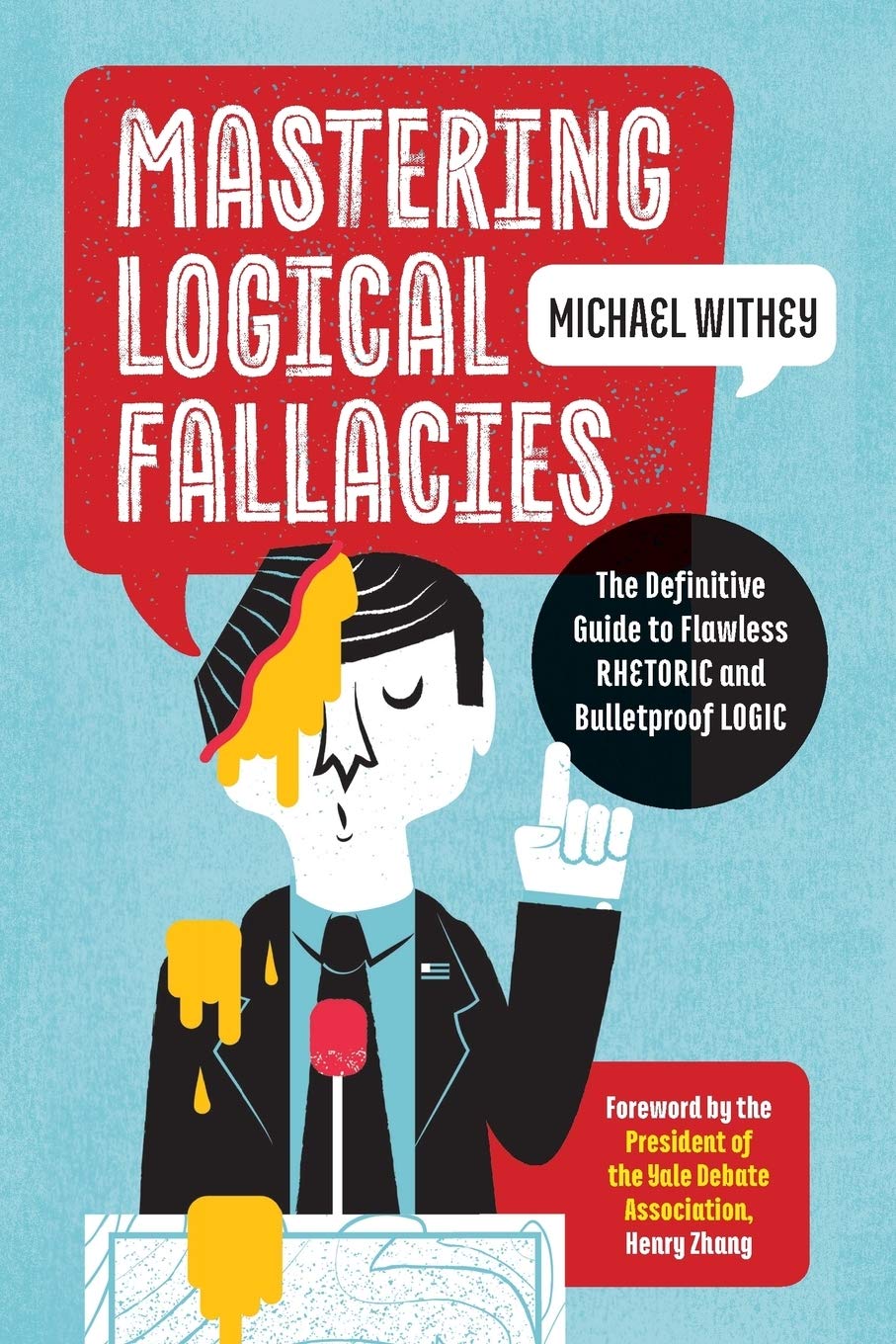Equivocation is a logical fallacy that occurs when a key word or phrase in an argument is used in an ambiguous way, with one meaning in one part of the argument and then another meaning in another part of the argument. This fallacy is also sometimes referred to as “shifting the meaning” or “the bait-and-switch”. This fallacy often takes the form of intentionally using one definition of a word in one part of an argument and then switching to another definition of the same word in another part of the argument. Equivocation is a type of fallacy that can easily be used to deceive or mislead an audience, since the audience may not notice the shift in meaning of the key word or phrase.
The equivocation fallacy is often used in political debates or in advertising. Politicians will sometimes equivocate in order to make their policies seem more palatable to the public. For example, a politician might use the term “tax relief” to describe a policy that would reduce taxes for some citizens, but then use the same term to describe a policy that would provide financial assistance to citizens who are struggling to pay their taxes. Similarly, an advertisement might use the phrase “all natural” to describe an item that is made from organic ingredients, but then use the same phrase to describe an item that is made from synthetic ingredients.
Equivocation is an informal fallacy, meaning that it does not rely on any false premises or incorrect logical structure. Instead, the fallacy relies on the manipulation of language in order to deceive or mislead the audience. For this reason, the equivocation fallacy can be difficult to recognize, since it is often subtle and may go unnoticed. It is important to be aware of this fallacy in order to avoid being deceived or misled. Additionally, it is important to recognize when someone is using equivocation in order to point out the fallacy and expose the manipulation of language.






